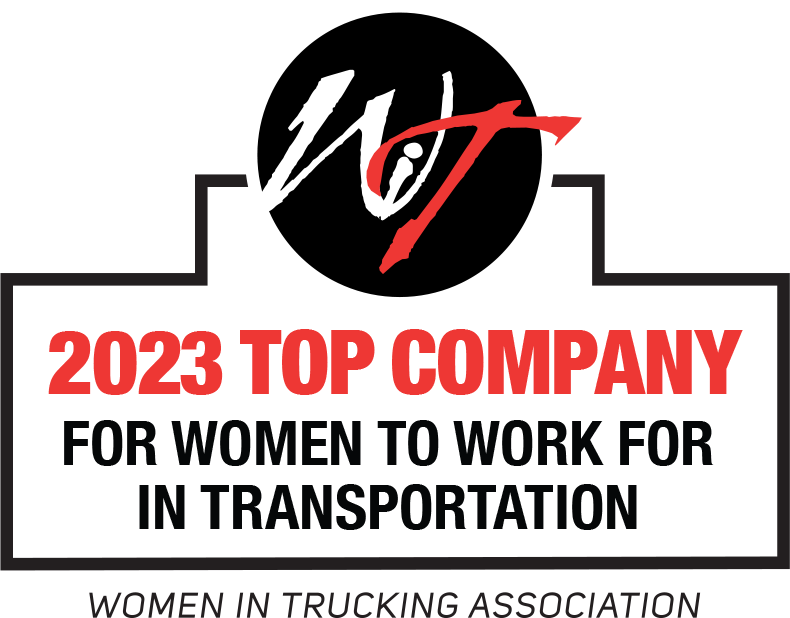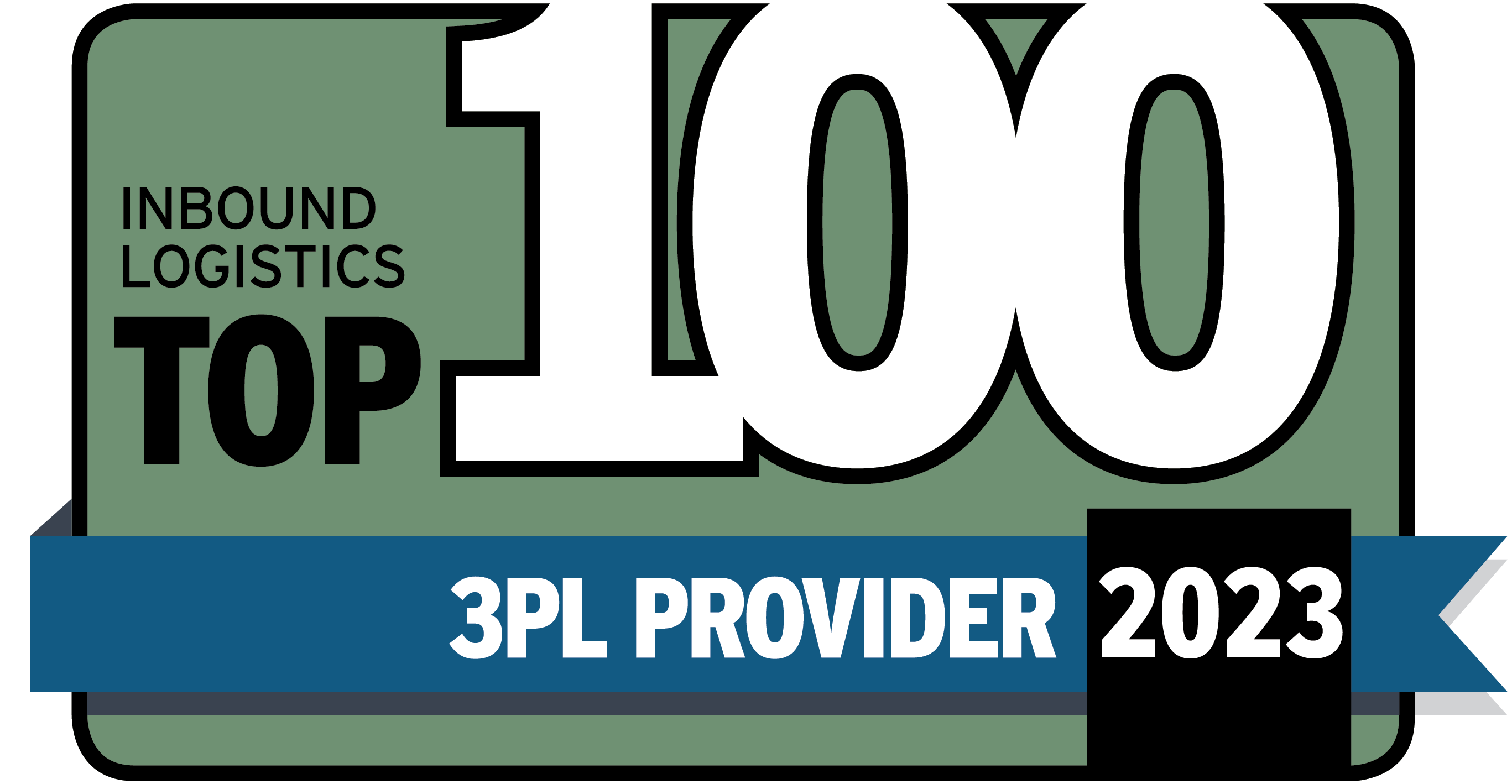As demand softens and shippers take action to mitigate exposure to high costs, index predicts moderate-to-declining quarter-over-quarter growth rates across modes, though year-over-year trends indicate sustained strength
ATLANTA, Ga., July 18, 2022 — AFS Logistics, an industry-leading 3PL provider, and Cowen Research today released the July 2022 Cowen/AFS Freight Index, a quarterly transportation pricing snapshot with predictive pricing across multiple sectors in the freight industry. The latest release of the index shows the effect of significantly higher carrier fuel surcharges and inflationary pressures across truckload, less-than-truckload (LTL) and parcel. Growth trajectories across modes are flattening, as seasonal factors and continued high fuel costs work against the downward pricing pressure of softening demand.
“The freight market has a variety of factors exerting pressure on prices, a notable one being the double-edged sword of inflation. It hit a 40-year high of 9.1%, pushing prices up while also limiting demand as purchasing power shrinks,” says Tom Nightingale, CEO, AFS. “Where we saw record growth in last quarter’s freight index, our data indicates those sharp growth trends should subside, but not tumble – this index remains elevated across modes compared to the 2018 baseline and year-over-year. Businesses are shifting modes and re-optimizing carrier networks proactively to limit their exposure to higher pricing, but carriers are using fuel surcharges and other accessorials as subtle but effective tools to expand revenue.”
The Cowen/AFS Freight Index offers a unique, forward-looking view that leverages both past performance and a machine-learning forecast for the balance of the quarter. The predictions are derived from AFS Logistics’ freight data, which reflects a combination of contract and spot rates across transportation modes, including truckload, LTL, parcel ground and parcel express sectors.
“In truckload and LTL markets long characterized by limited capacity, shippers are seeing limited relief as some lanes loosen and spot rates slip,” says Jason Seidl, senior analyst, airfreight and surface transportation, Cowen.
Key implications for truckload shippers
The truckload rate-per-mile increase will begin to flatten in Q3, with a slight quarter-over-quarter increase projected, from 24.1% in Q2 to 26.5% in Q3 2022, compared to January 2018 baselines. This growth from Q2 2022 is largely due to seasonal adjustments based on historical data, attributable to factors such as the end of produce season and efforts by manufacturers and retailers to start preparing for the holiday rush.
The correlation between price and distance remained strong in Q2 2022, and the overall miles per shipment decreased by 6.7% compared to Q1 2022, likely due to inventory build-up and port congestion reduction. Truckload demand softened and linehaul cost per shipment reversed the upward trend established since mid-2020, with year-to-date volume declining 4.9% year-over-year in Q2 2022. However, while truckload linehaul cost per shipment declined 5.2% in Q2 2022, it still increased 14.5% year-over-year.
“While spot rates are dropping, contract rates set up to a year ago are still high,” says Nightingale. “While taking advantage of spot rates can provide immediate savings in the short term, shippers should consider how fulfilling their contractual obligations with carriers can help secure capacity when the market tightens over the long term.”
Key implications for LTL shippers
Fuel is once again a major driver of dramatic cost-per-shipment growth, with the Q2 2022 index for LTL turning out to be even higher than the April release predicted. Among major LTL carriers, the average fuel surcharge increased from 34% in Q1 to 47.6% in Q2 2022. Fuel accounts for 20.7% of the total cost-per-pound for LTL shipments through June 2022, up from 13.4% in 2021 – a 47.3% increase. Beside fuel, higher-than-normal accessorial increases, such as excessive length charges, drove higher costs. Carriers remain selective about the type of freight they accept, and have priced to avoid carrying so-called “ugly” freight with awkward dimensions, like bumpers or exhaust systems. Weight per shipment continued to become less correlated with cost per shipment, as on a quarter-over-quarter basis, weight declined by 4.4% but cost per shipment rose 6.8%.
The LTL rate per pound will remain high in Q3 2022, but year-over-year growth will continue to slow. The index is expected to be 54.0% in Q3, a slight drop from 54.8% the previous quarter. Shippers will likely continue to deploy mitigation efforts to control rising freight costs, such as holding freight and consolidating shipments.
Key implications for ground and express parcel shippers
Parcel fuel surcharges continued to rise in Q2 2022, tripling for express parcel and more than doubling for ground parcel on a year-over-year basis. FedEx and UPS leveraged fuel surcharges as significant profit drivers, adjusting fuel surcharge tables twice since late 2021, with increases that continue to outpace corresponding indices from the U.S. Energy Information Administration on which they are based. For express, the USGC Kerosene-type Jet Fuel rates increased 125% year-over-year, but the fuel surcharges more than tripled, with UPS growing from 6.9% in Q2 2021 to 22.3% in Q2 2022 and FedEx rising from 7.1% to 22.5% in the same period. For ground, the on-highway diesel fuel rates increased by 69% year-over-year, but fuel surcharges more than doubled year-over-year for both carriers, with UPS growing from 8.0% in Q2 2021 to 17.3% Q2 2022 and FedEx increasing from 8.1% to 18.6% in the same timeframe. Due to current political and economic conditions, fuel surcharges are likely to remain high in Q3 2022.
Express parcel rates grew 7.9% from Q1 2022, driven by fuel surcharge increases, weight, service mix and the continued impact of the 2022 general rate increase (GRI). In Q3 2022, the express parcel freight index is predicted to decline from Q2’s historic high of 5.1% to 2.2% against the January 2018 baseline.
Ground parcel rates showed a continued increase since January 2022 due to higher fuel surcharges, higher average billed weight and good GRI retention. Also known as GRI “stickiness,” retention refers to how much of a GRI increase the carrier actually captures from shippers, since the realized level can be less than the listed GRI due to pre-established caps in contracts and other negotiation. Largely driven by continued high fuel surcharges, the Q3 ground parcel index is expected to reach 25.7%, down slightly from the record high of 27.7% in the previous quarter, but still the second-highest since the January 2018 baseline.
###
About AFS Logistics
AFS Logistics helps more than 1,800 companies across more than 35 countries drive sustained savings and operational improvements, while turning their logistics operations into competitive, customer-centric differentiators. As a non-asset based and non-asset biased 3PL, AFS provides a range of logistics services, featuring freight and parcel audit, parcel cost management, LTL cost management and transportation management, which includes freight brokerage and freight forwarding. Founded in 1982 and employing a team of more than 380 logistics teammates in eight major locations across the U.S. and Canada, AFS is regularly part of the Inc. 5000 list of fastest growing companies. To learn more, visit www.afs.net.






